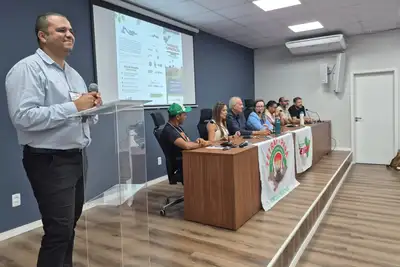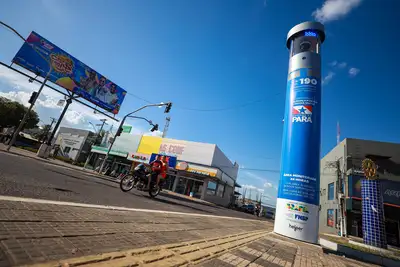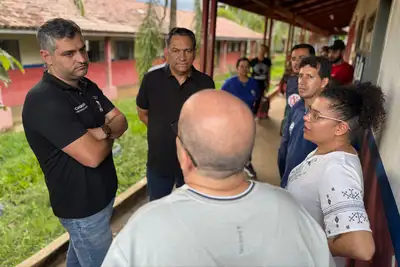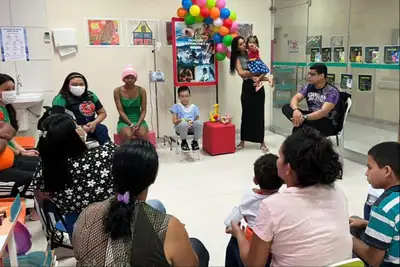Caravan towards COP30 mobilizes indigenous peoples in the largest protected tropical forest on the planet
With the action of SEPI, the initiative brings together about 15 peoples in the Oriximiná region, strengthening indigenous proposals for the UN climate conference to be held in Belém
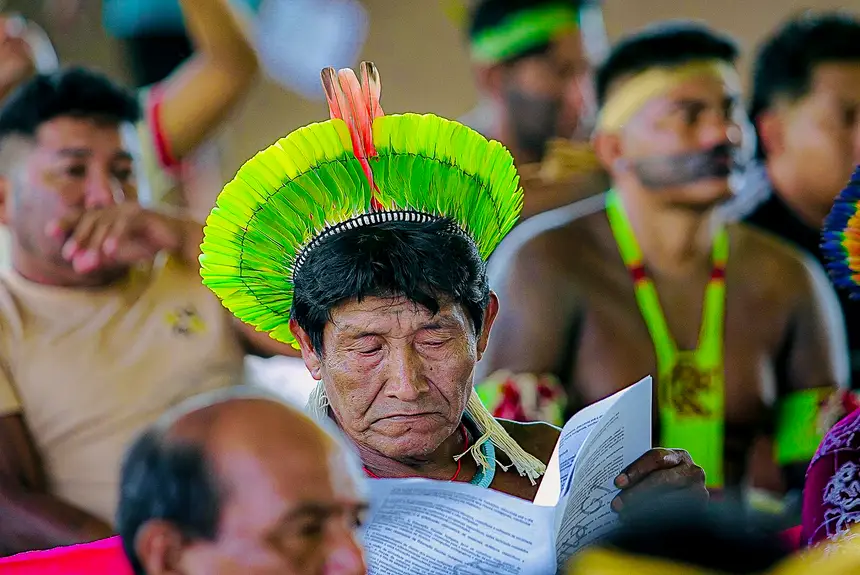
The Government of Pará, through the State Secretariat for Indigenous Peoples (Sepi), is carrying out a new stage of the Caravan of Indigenous Peoples Towards COP30, this time in the ethnoregion of Oriximiná, north of the Amazon River. The territory concentrates the largest continuous protected tropical forest on the planet, with an area four times larger than France, considered one of the most strategic regions in the world for facing the climate crisis.
This stage will bring together about 15 indigenous peoples in a mobilization that integrates the state's preparation for the 30th United Nations Conference on Climate Change (COP30), which will be held in Belém in November. The Caravan is a strategic action that strengthens the listening, training, and articulation of indigenous communities from their own territories.
The activities include collective training on the conference of the parties, discussion circles, thematic workshops, intergenerational debates, and proposal plenaries. Youth, women, and traditional leaders participate in the collective construction of proposals that will be taken to COP30 in defense of the climate, based on experiences and challenges lived directly in the villages.
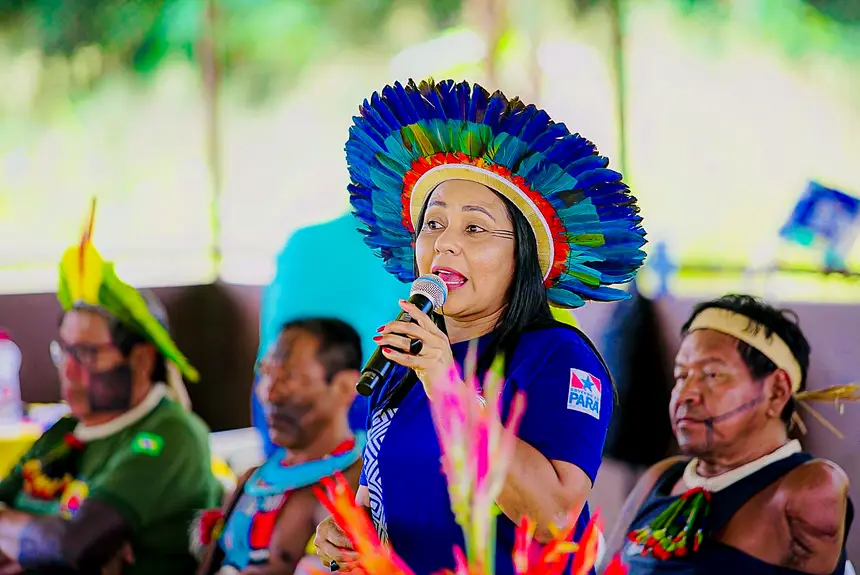
“This caravan is an unprecedented and historic movement, born from the territories and going to COP30. We are promoting listening, preparing our leaders, and ensuring that indigenous peoples have a qualified presence at the largest climate event on the planet,” says the State Secretary for Indigenous Peoples, Puyr Tembé.
The topics addressed include climate justice, territorial governance, adaptation to climate change, climate financing, biodiversity protection, and community-based bioeconomy. The stage in Oriximiná is considered symbolic for taking place in a region of high ecological and cultural relevance, where there are concrete experiences of resistance and sustainable forest management.
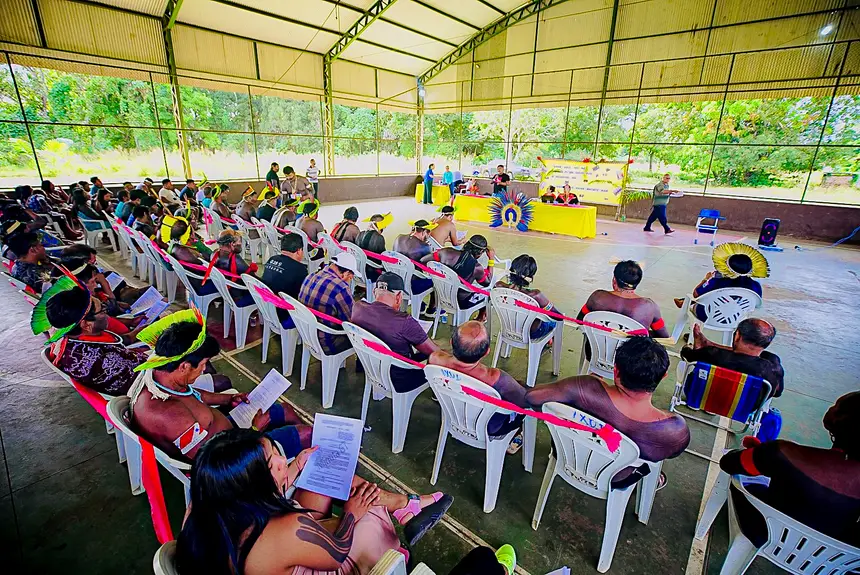
With this mobilization, Pará reaffirms its commitment to strengthening climate governance, valuing ancestral knowledge, and the protagonism of indigenous peoples in building environmental solutions for the Amazon and the world. The Caravan also projects the state as a national and international reference in inclusive and sustainable public policies.
The next stages of the Caravan will continue through the other ethnoregions of Pará, mobilizing more than 50 indigenous peoples throughout the state.
Text: Jaelta Souza/Ascom Sepi





